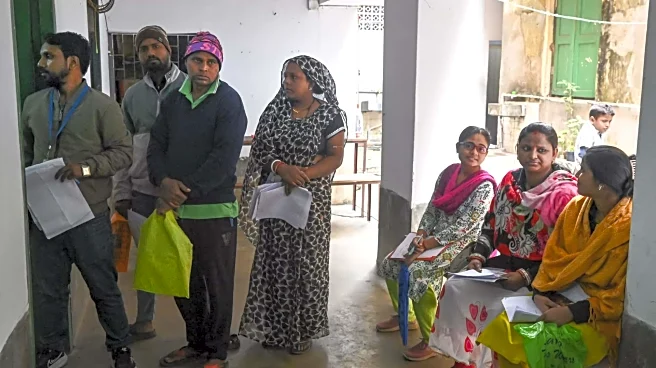What is the story about?

Veteran
actor Pankaj Dheer passed away after fighting cancer at the age of 68. According to news reports, Dheer had been keeping unwell for quite some time. He had also battled cancer previously and undergone major surgery, but the illness had relapsed in recent months. Known for his portrayal of Karna in the superhit television series Mahabharat, Dheer’s death is being condoled by his fans and followers. The Cine & TV Artistes Association (CINTAA) released an official statement, sharing the news with deep sorrow. The statement noted that Dheer had served as the association’s former Hon. General Secretary and had been a chairman of its trust. It has not been made public by Dheer’s family what cancer he was battling.
What is cancer recurrence, and why does it happen?
Recurrent cancer happens when the deadly disease comes back after treatment. Doctors say cancer may come back even months or years after you have finished treatment. It can relapse even after you are in remission - and so, depending on your situation, you may live for many years with recurrent cancer. “Despite achieving remission, cancer can sometimes return due to a few cancerous cells that may have survived initial therapy. These dormant cells can remain undetected for months or even years before becoming active again. The likelihood of relapse depends on multiple factors, including the type and stage of cancer, genetic makeup of the tumor, and the patient’s overall health and immunity,” Dr Minish Jain, Director of Medical Oncology at Ruby Hall Clinic, told Times Now. Cancer constantly evolves as cells mutate and change, and in a few cases, the treatment may not be too effective or work against all cancer cells. Those cells can keep on growing despite treatment until a healthcare provider detects them during follow-up examinations. The types of recurrent cancers include:Local recurrence
It happens when the same kind of cancer comes back to the same place as the original one.Regional recurrence
This cancer returns to the lymph nodes of tissues near the original cancer. Some cancer subtypes are more likely to recur regionally.Distant recurrence
It is the same cancer from the original tumour that spreads to organs or tissues located far from it.What types of cancers are most likely to come back?
According to doctors, while any type of cancer may come back, beyond that, it is extremely difficult to say which ones relapse the most. However, according to studies, the following cancers had high recurrence rates:- Ovarian cancer in women
- Metastatic melanoma
- Peripheral T-cell lymphoma
Signs and symptoms of cancer relapse
Many symptoms mimic recurrent cancer symptoms, and so it is imperative to speak with your doctor about common symptoms for the type of cancer you have. They will explain in detail which symptoms require tests to rule out any kind of recurrence. A few signs and symptoms you must report include:- You have symptoms that are similar to your initial cancer symptoms.
- Pain that does not go away and is becoming chronic
- A lingering cough
- Unexplained weight loss
- Unusual bleeding and bruising
- High and recurrent fever
- Frequent headaches
- Breathlessness
- Blood in your poop or pee
- Nausea and vomiting
- Trouble swallowing
/images/ppid_a911dc6a-image-17605252266137825.webp)




/images/ppid_59c68470-image-177052252814468269.webp)




/images/ppid_a911dc6a-image-177052053041136787.webp)
/images/ppid_a911dc6a-image-177052056227442750.webp)






